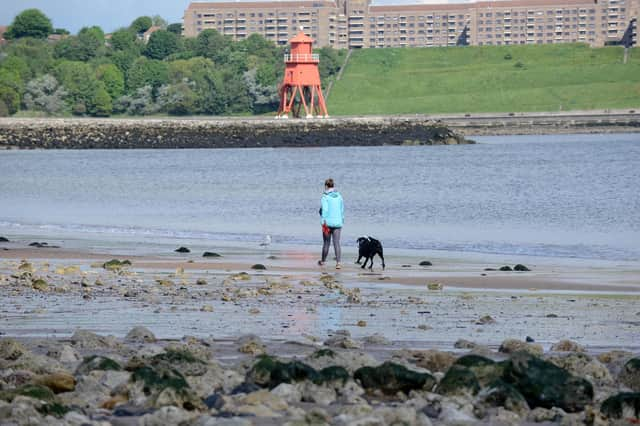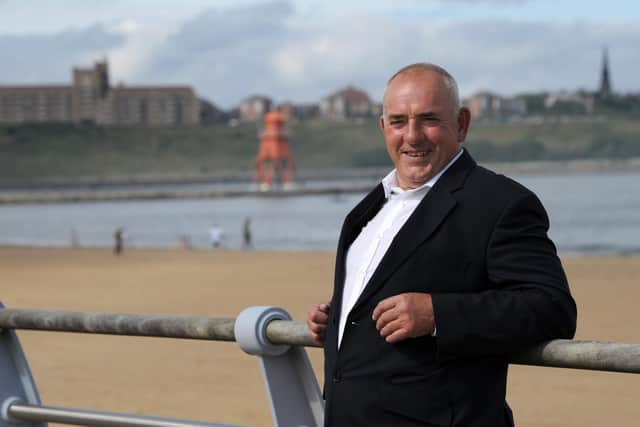£6.4million confirmed for scheme using marine life to tackle flooding in South Tyneside


A South Tyneside Council-led regional partnership has secured £6.4million to pilot a scheme to test marine habitats for their coastal protection properties along the North East coastline.
Stronger Shores is one of 25 innovative new projects selected nationwide to trial a wide range of approaches to flood response and to receive a share of £150million from the Government’s Flood and Coastal Innovation Resilience Programme to deliver the scheme.
Advertisement
Hide AdAdvertisement
Hide AdSouth Tyneside Council is leading on the project over the next six years on behalf of the region, focusing on the coast from Blyth in Northumberland down to Redcar and Cleveland in North Yorkshire.


The scheme aims to improve understanding of the coastal and flood protection value of marine habitats and their wider role in adapting to climate change and biodiversity management.
The new approaches will involve restoring sub-tidal habitats, such as kelp beds, oyster reefs and sea grass.
Councillor Ernest Gibson, lead member for Area Management at South Tyneside Council, said: “With climate change exacerbating the already significant exposure of our coast to flooding and erosion, a sharper focus on long-term resilience is needed to protect our coastal communities.
Advertisement
Hide AdAdvertisement
Hide Ad“Stronger Shores involves the restoration and monitoring of sub-tidal habitats for their coastal protection value as well as the associated benefits of carbon capture, biodiversity gain and improved water quality.
“As lead partner, we are delighted to be able to work with our partners to develop these exciting and innovative ideas even further and pilot marine-based solutions for coastal protection along our coastline.
“Our learning will provide us with tangible, local and regional examples of how we can harness the power of nature to help us create a coastline more resilient to environmental change in the decades to come.”
Cllr Gibson said work is currently underway to refine the project proposals and gather evidence through a series of studies, including habitat surveys, environmental assessments and economic analysis.
Advertisement
Hide AdAdvertisement
Hide AdCommunity engagement, design and planning will also be carried out ahead of the project being delivered from April 2022.
Stronger Shores will be the first project to provide robust evidence on the costs and benefits of nature-based solutions to coastal protection.
The findings will also help to provide a model for other authorities to use in their future risk management strategies, benefiting not only the region but the nation’s approach to the climate crisis.
Advertisement
Hide AdAdvertisement
Hide AdThe programme is funded by DEFRA and managed by the Environment Agency.
The project involves placing natural wooden structures into the bed of the estuary edge. This will allow mudflat to develop, then saltmarsh plants to grow.
Cllr Gibson said as well as benefiting wildlife, the plants also capture and store large amounts of carbon, preventing it from entering the atmosphere and contributing to climate change.